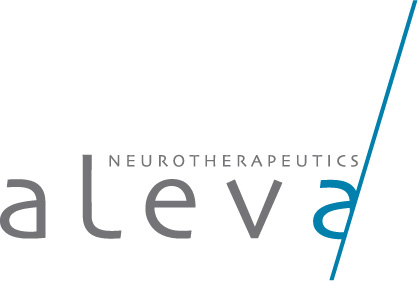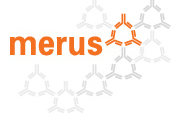News
Company News: Anergis Files Provisional U.S. Patent on AllerDM Dust Mite Allergy Treatment

– Further expansion of the company’s product pipeline and patent estate –
Anergis, a company focusing on proprietary synthetic allergy vaccines designed to provide ultra-fast desensitization, has filed for provisional patent protection of its AllerDM dust mite allergy treatment in the U.S. The company plans to extend the patent application within the next 12 months to achieve world-wide protection under the Patent Cooperation Treaty.
AllerDM is an allergy vaccine for patients with house dust mite allergy and is based on Anergis’ proprietary Contiguous Overlapping Peptide (COP) technology, which allows for ultra-fast desensitization in only two months treatment. COP allergy vaccines are pharmaceutical quality products, which have proven to be safe and well tolerated and to induce a long-term immune effect. AllerDM is currently in pre-clinical development and is expected to enter clinical stage in 2015. Further details on the product are not being disclosed at present.
House dust mites are the most frequent cause of allergy and suspected to trigger severe consecutive disorders. Asthma may be caused by house dust mite allergy in 50 to 80% of patients. It is estimated that about 60 million patients in Europe, 30 million in the U.S., 20 million in Japan and 60 million in China suffer from dust mite allergies.
AllerT, the lead product of Anergis, is currently evaluated in a double-blind, randomized, placebo-controlled Phase IIb trial in 240 patients with moderate to severe birch pollen allergy, enrolled at 24 trial centers throughout Europe. Results are expected in Q3, 2013.
Earlier this year, Anergis presented preclinical data of its ragweed allergy vaccine candidate AllerR. A Phase I/IIa trial of AllerR is expected to start in 2015.


